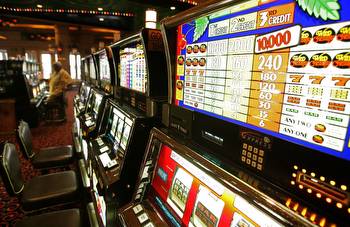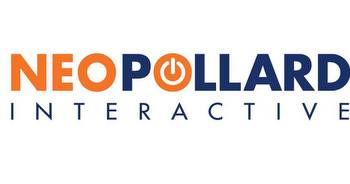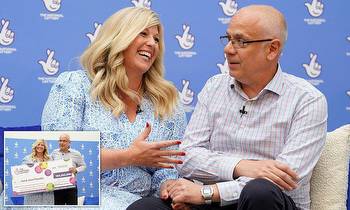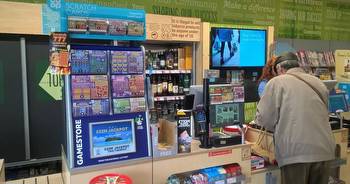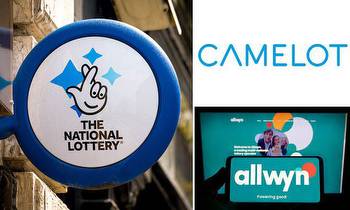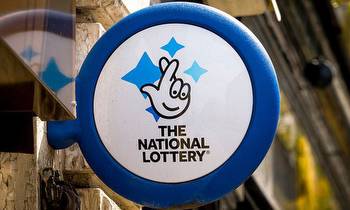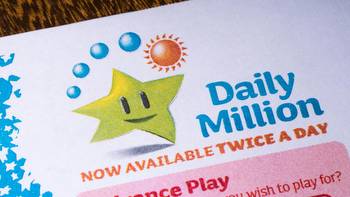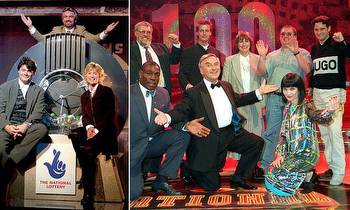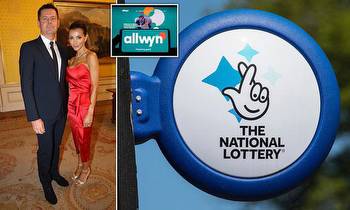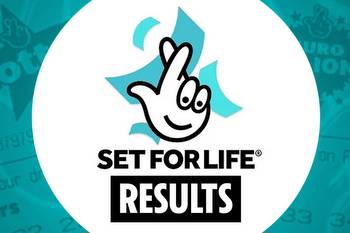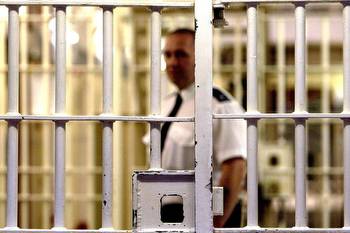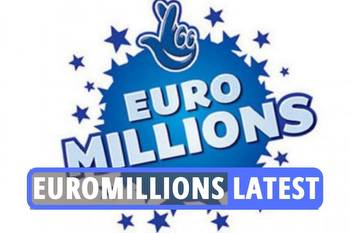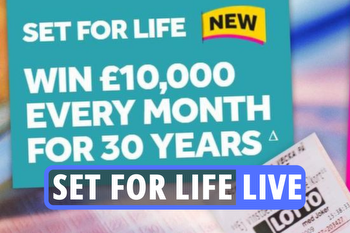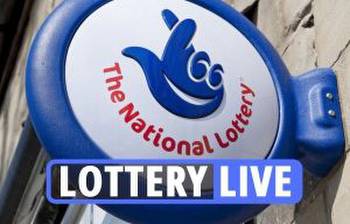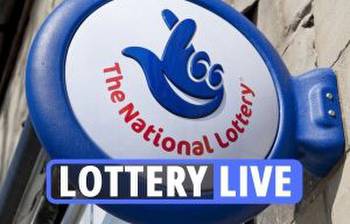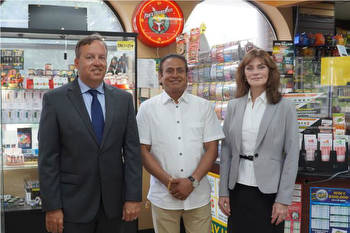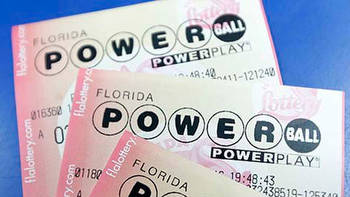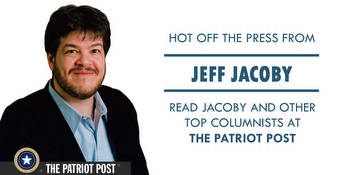Teignbridge organisations could hit the jackpot under new venture approved by council
A NEW Teignbridge lottery to raise money for good causes has been given the go-ahead by councillors.
Set to be named Teignbridge Lottery for Communities, the district council-led scheme comes as it warns there may be an impact on funding to local organisations in future years.
The game will be run by an external provider, but the council will approve and vet local good causes who become involved.
At least half of ticket sales are proposed to go to the voluntary and community groups.
Tickets will be priced at £1 and can only be purchased online, a report to the council’s executive this week explained, with 20 per cent of sales going into the prize pot and a £25,000 jackpot.
The report added how the percentage of money going to good causes would be ‘significantly higher than those lotteries offering large jackpots,’ such as the Euromillions, Health Lottery and the Postcode Lottery.
Based on other local authority lotteries around the country, the report estimates the money raised directly for good causes over the year ‘could be within the range [of] £25,740 to £51,480.’
Setting it up will cost Teignbridge around £7,300, which includes all the necessary licences and to pay the external company – Gatherwell – to start running it.
One-tenth of ticket sales will be kept in a ‘central fund’ for further running costs and marketing.
Councillor Martin Wrigley (Lib Dem, Dawlish North East), executive member for communities, housing and IT said: ‘The lottery is designed to help local organisations, charitable organisations and good causes raise money on a regular basis from a group of supporters that they can bring on board to the platform, in a way that is secured and guaranteed by the good name of Teignbridge.’
The report added: ‘The council, as licence holder, will take all reasonable steps to ensure that information about how to gamble responsibly and how to access information for help in respect of problem gambling is readily available.’
It concluded that it is ‘reasonable to believe’ that the lottery ‘will not significantly increase problem gambling, and that the benefits to good causes in the district from the funds raised by the lottery outweigh the possible negative issues.’
The council’s executive approved the proposal unanimously.
It is not known when it will be live, but the process of setting up a local authority lottery normally takes about six months.








